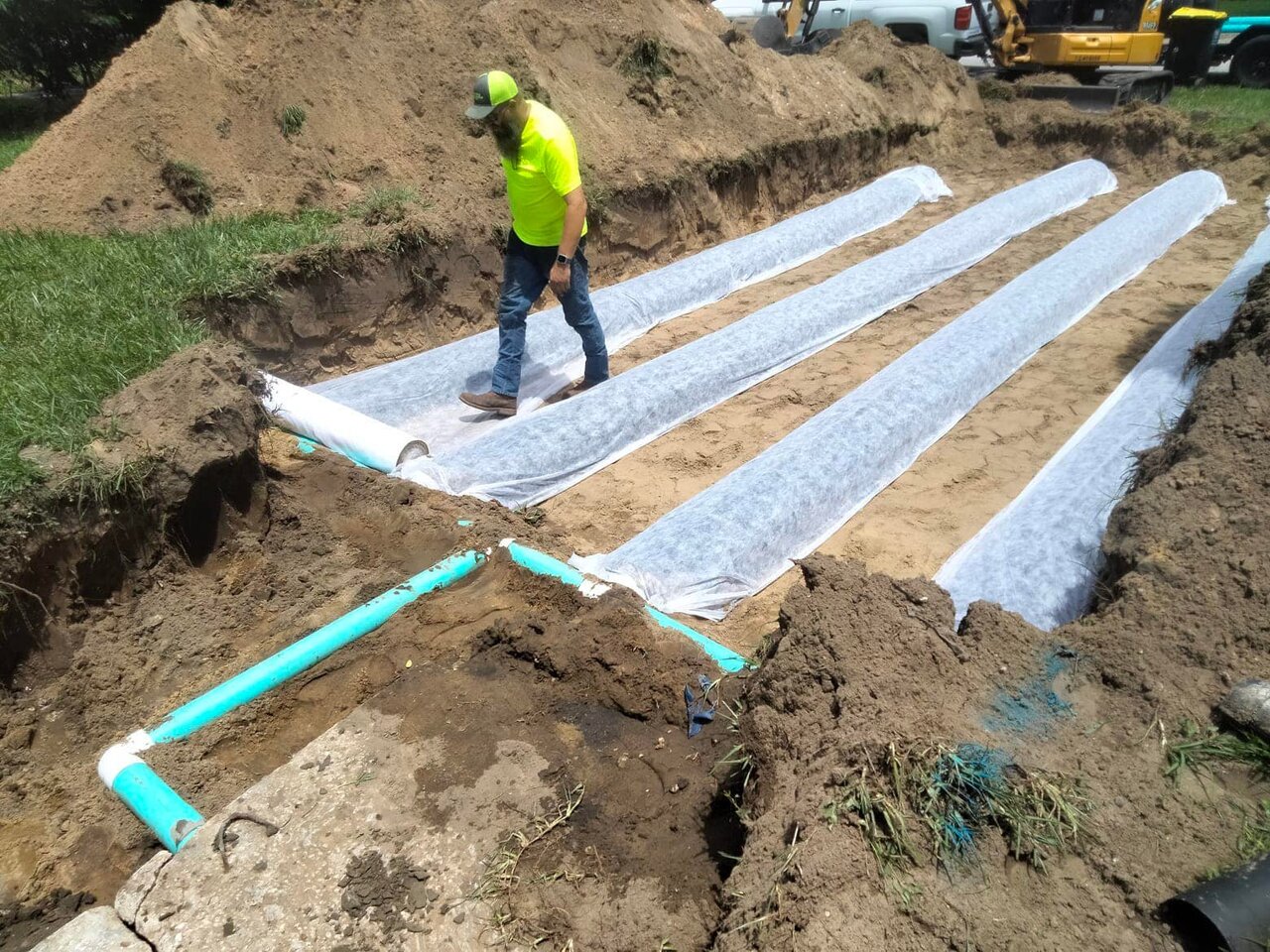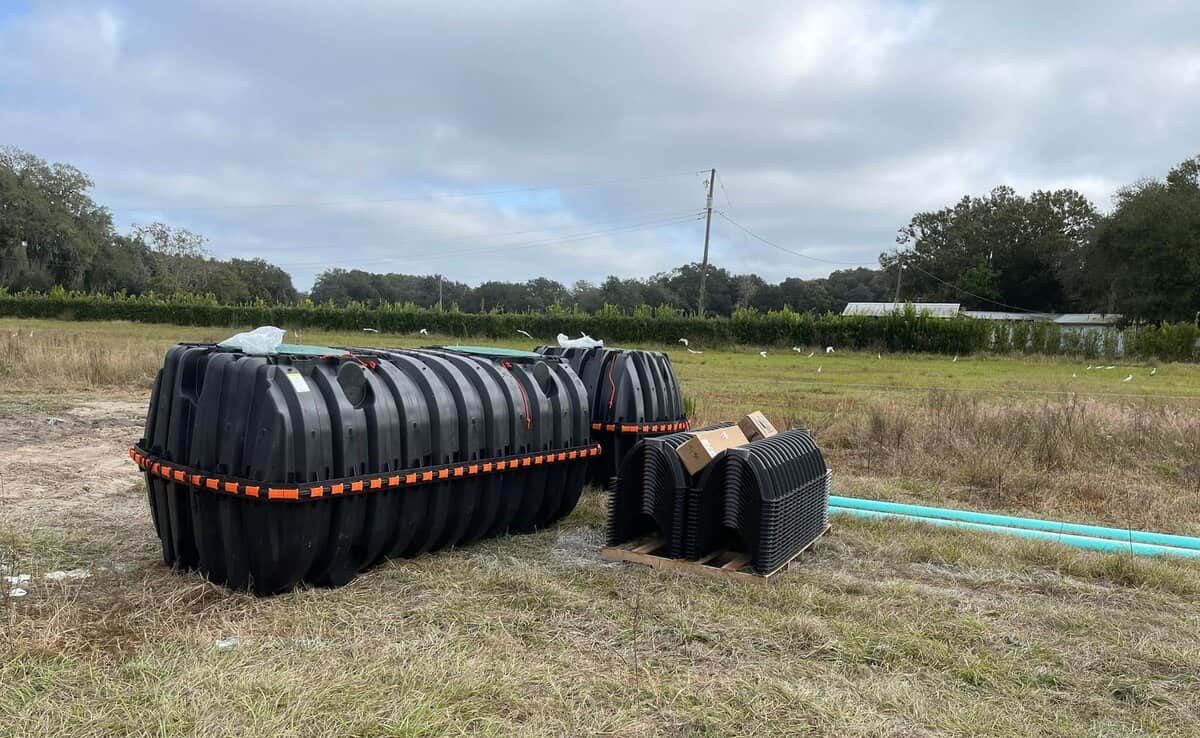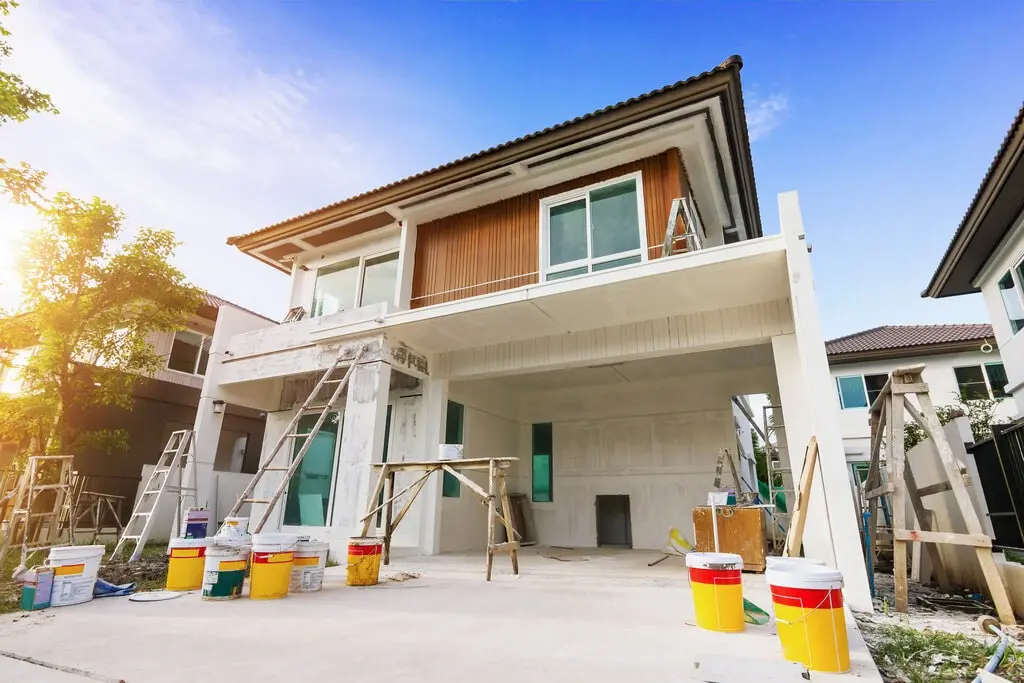Many homes throughout the United States use a septic system to treat the wastewater from sinks, toilets, tubs, showers, and laundry.
In fact, roughly twenty percent of all homes in the country use either an individual septic system or a small community cluster system. The exact percentage varies by region, with approximately half of all the homes in New Hampshire and Maine using septic systems, while more than one-third of homes in the southeastern US rely on some form of on-site wastewater treatment.
Understanding Your Septic System
The importance of understanding how your septic system works cannot be overstated. Whether you are buying a home with a septic tank or have lived in one for years, the knowledge of how all the parts of your septic system are interconnected can be helpful in ensuring that it remains functioning effectively.
While septic systems are customized for each property and home, there are some basic elements common to all septic installations. Here are the typical steps to septic system filtration in a residential setting:
- Waste from the home exits through one main drainage pipe and flows into a septic tank, which is a holding tank that is buried underground.
- In the septic tank, the wastewater separates into layers. The solids settle to the bottom and form sludge; oil and grease float to the top, forming scum; and the middle layer of remaining liquid is called effluent.
- The effluent flows out of the septic tank and into a drainfield, which is where the final treatment of the wastewater occurs.
- The drainfield consists of a series of porous pipes, usually buried in gravel. Wastewater percolates through the pipes and into the soil, which filters out toxins and other things that would be harmful to the ecosystem.
- The completely filtered wastewater either evaporates from the surface or rejoins the water supply, completely safe for use and consumption again.

To function properly, all components of a septic system must work as designed. A problem in any one component of the system can cause serious issues throughout. Thus, it is vital that homeowners and business owners be aware of the proper care and maintenance of a septic system.
Septic Inspection
It is suggested that most septic systems should be inspected by a professional at least every 3 years. Systems that have mechanical components, float switches, or pumps may require more frequent, annual septic system testing and inspections. The septic inspection cost is well worth it for the peace of mind in knowing that your septic system is functioning properly.
Septic Tank Pumping
Depending on the size of the system and the volume of wastewater produced by the home, most residences should have a septic tank pumping service at least every 3 – 5 years. Septic tank pumping involves completely pumping out the contents of the septic tank, conducting a visual inspection, and cleaning the filter in the septic tank.
Septic Tank Cleaning
Pumping is an important part of regular septic tank maintenance, but it does not completely remove all of the compacted sludge. While this may not cause problems, occasionally a more thorough septic cleaning might be needed to help remove built up sludge and prevent future issues.

Preventing Septic System Problems
A home’s septic system is designed to handle only wastewater, and it is important to the effective functioning of the system to take care about what gets flushed into the system. For examples, homeowners with septic systems should never:
- Flush anything other than human waste and toilet paper. No paper towels, feminine hygiene products, cat litter, condoms, diapers, or wipes.
- Flush chemicals like paint, antifreeze, or pesticides.
- Flush medication, prescription or otherwise.
- Use large amounts of antibacterial products, bleach, or other harsh household cleaners.
Avoid Overloading the System
Your septic system is built to handle a certain amount of wastewater, which is based on the size of the home and the anticipated number of residents. Flooding the system with excessive water can cause several different problems. To avoid having potentially serious issues, be efficient in the use of water.
- Fix leaky faucets, showers, or toilets.
- Use high-efficiency toilets to reduce the volume of water entering the system.
- Install aerators on faucets and use high-efficiency shower heads.
- Run the dishwasher and clothes washer only when they are full.
- Spread laundry out throughout the week, rather than doing it all in one day.
- Limit the length of showers, and use only as much water as necessary for baths.

Care for the Drainfield
The drainfield plays a crucial role in the functioning of your septic system. A damaged or flooded drainfield can cause backups into the septic tank and, ultimately, the home.
- Do not park or drive over any part of the septic system, especially the drainfield. Compacted soil will not filter water properly, and the weight of vehicles can damage pipes or even the septic tank.
- Do not build structures atop the drainfield.
- Avoid planting trees or large plants with deep roots on or near the drainfield. Roots can quickly clog pipes and cause damage.
- Keep excess water from irrigation or other sources away from the drainfield.
Lakeland Septic and Drainfield Services
Septic and Drainfield Depot provides fast, reliable septic and drain field services in Lakeland and throughout central Florida.
Our owners have been Polk County residents for most of their lives, and they are dedicated to treating every customer fairly, with dignity and respect. Our experienced technicians can handle your septic needs, from septic inspections to cleaning, pumping, and installation. We service residential and commercial septic systems.
Septic and Drainfield Depot is a licensed septic contractor in the state of Florida. Services are available 24/7, and we offer free estimates.
When unexpected septic work arises, we can help with septic financing that breaks up the cost into predictable monthly payments without tapping into your home’s equity.
Contact Septic and Drainfield today to get answers about any septic questions you may have.







